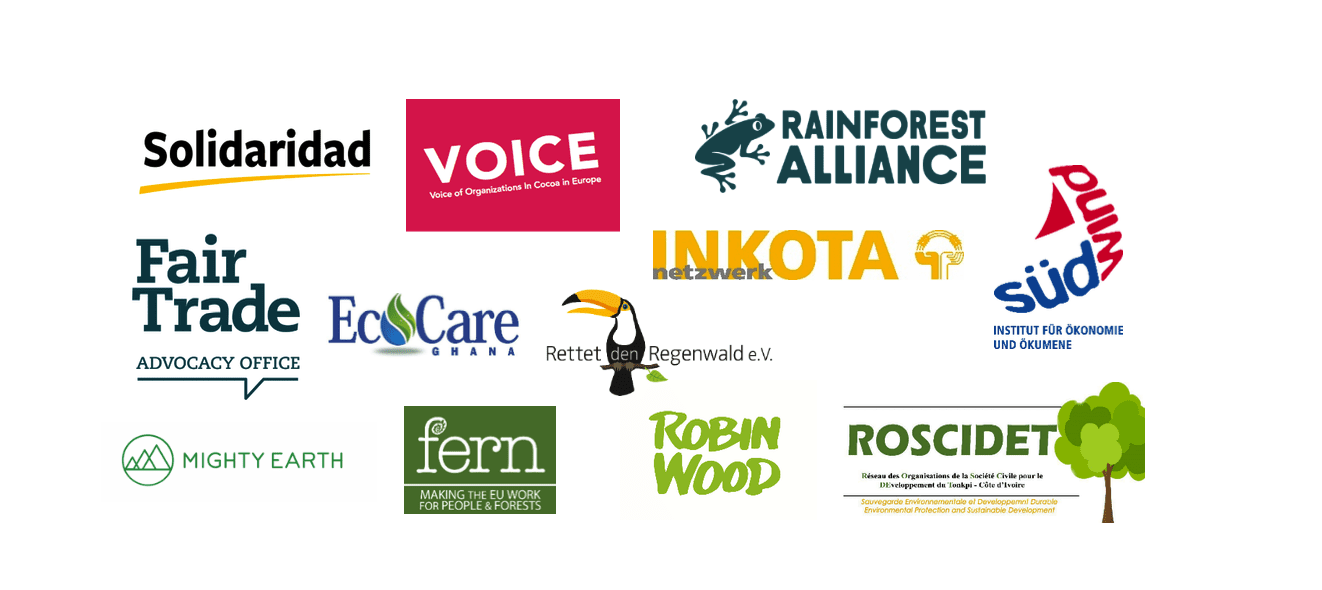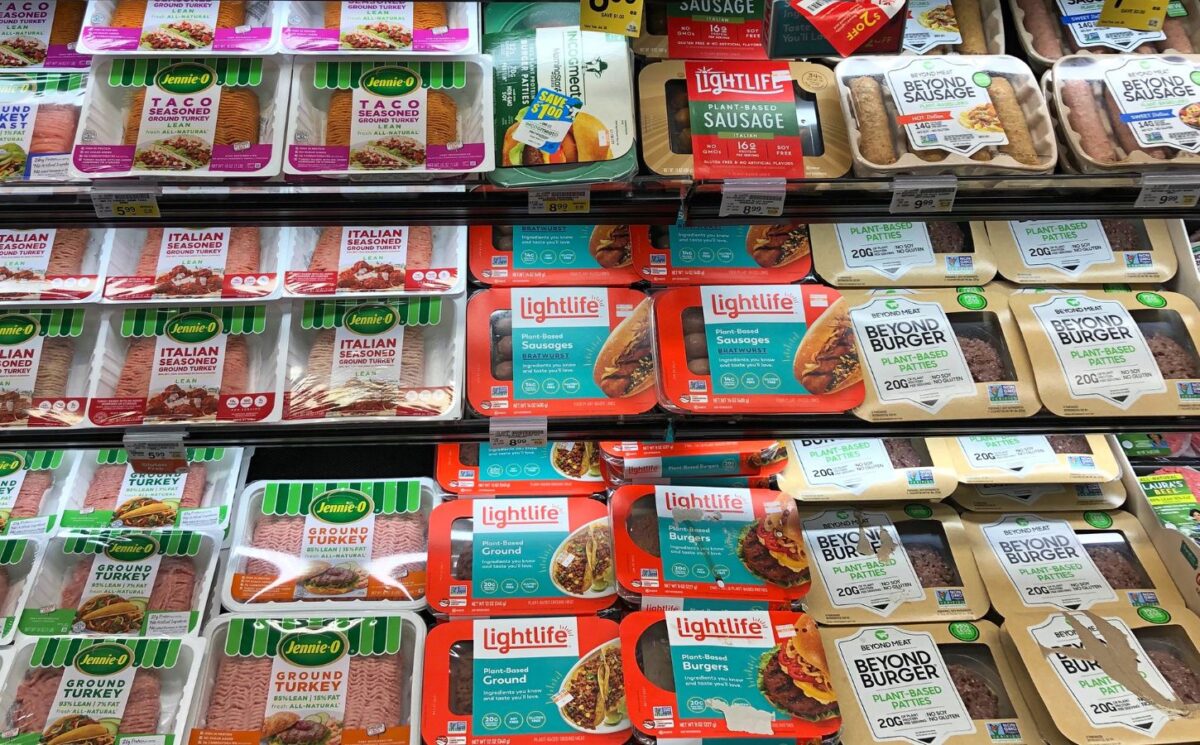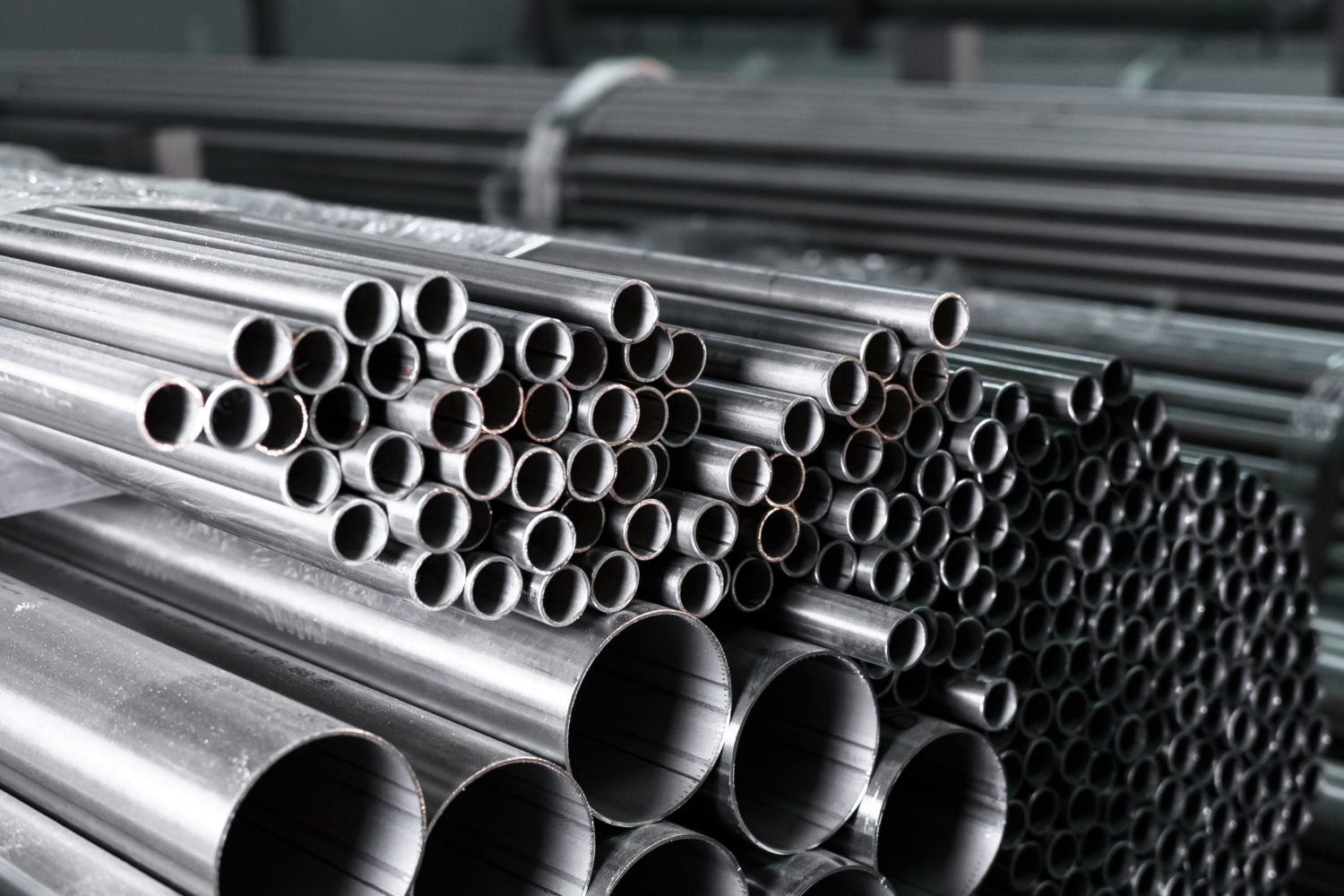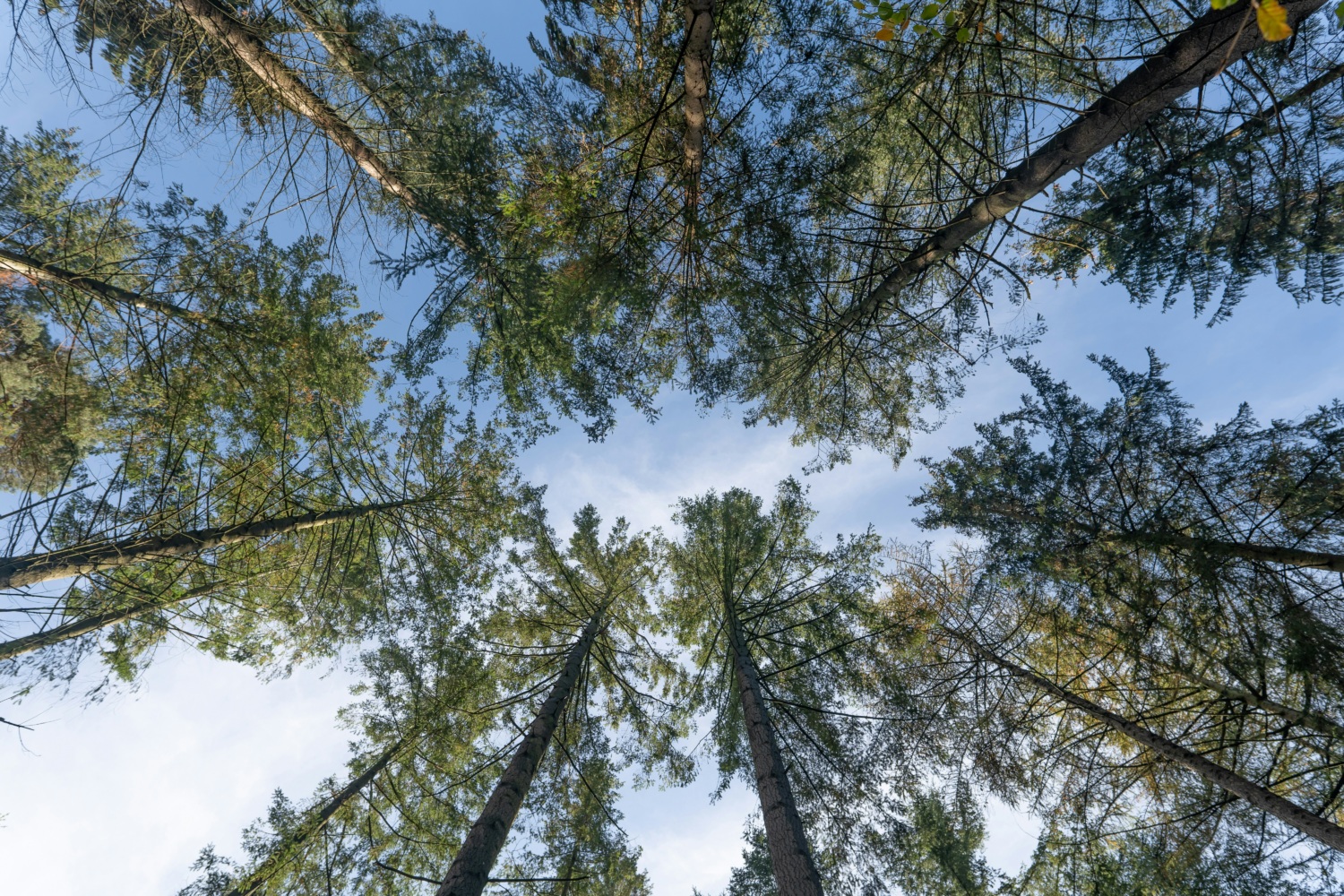
Time for the European Union to act to address deforestation and child labour in the cocoa sector
A letter to Vice-President Jyrki Tapani Katainen:
Following the release of highly concerning data from the Global Forest Watch, we—the undersigned organisations working in the fields of environment, human rights, and agriculture—urge you to take action to address deforestation and child labour in the cocoa sector. As the world’s largest importer of cocoa, the European Union has the duty to act. Your forthcoming “Communication on Stepping up EU Action on Deforestation & Forest Degradation” must include steps to regulate commodities driving deforestation, with cocoa presenting a particularly urgent case.
The recently released Global Forest Watch satellite data reveal that 2018 had the fourth highest rate of forest loss since records began in 2001 – 3.6 million hectares of primary forest disappeared, an area the size of Belgium.
Forest loss shot up the most dramatically in two West African countries: Ghana and Côte d’Ivoire. In Ghana, deforestation increased by 60% in 2018, and in Côte d’Ivoire by 26%. Ghana had the highest increase in deforestation in the world last year, with Cote d’Ivoire coming in second.
These two countries have something else in common: they are the world’s two main producers of cocoa, together responsible for around 60% of global supply. 60% of this cocoa is exported to the EU.
Cocoa is known to be a leading cause of deforestation in Ghana & Côte d’Ivoire. Much of this deforestation is also illegal: according to satellite maps, about 30% of Ivorian cocoa is grown in illegally cleared national parks and protected areas. A large quantity of Ghanaian cocoa is similarly tainted by illegality.
Cocoa production is also plagued with child labour, the sector being one of the only ones where child labour is still getting worse. As of 2018, there are nearly 2 million children working in the cocoa sector in West Africa—and this number is still increasing.
So far, efforts to address deforestation and child labour in the cocoa sector have mostly focused around voluntary commitments by the chocolate industry. But these have been insufficient in addressing the issues: despite nearly two decades of voluntary industry efforts to end child labour in the sector, the NGO-led Cocoa Barometer concluded in 2018 that child labour was still “widespread” throughout the industry – with “not a single company or government… anywhere near reaching the sector-wide objective of the elimination of child labour, and not even near their commitments of a 70% reduction of child labour by 2020.”
Most of this cocoa is headed to the EU. The EU is the world’s largest importer, processor and consumer of cocoa, responsible for about 60% of global cocoa bean imports. The Netherlands, Germany & Belgium bear a particularly heavy responsibility for this crisis, importing almost half of the global trade in cocoa.
This situation and the EU’s failure to act over the past two decades, despite its huge responsibility, is unacceptable.
There is a widely shared recognition within the cocoa sector that cocoa supply chains need to be regulated in consumer countries, in order to tackle these severe human rights and environmental issues that have plagued the cocoa sector for decades.
The industry-led 2018 World Cocoa Conference final declaration concluded that “voluntary compliance has not led to sufficient impact”, and that there is a need to “strengthen human rights due diligence across the supply chain, including through potential regulatory measures by governments”.
Some of the biggest companies in the cocoa supply chain—most recently Mondelez, Mars & Barry Callebaut— have also publicly called on the EU to regulate its cocoa supply chains to tackle deforestation and human rights abuses.
Policy makers agree. In 2012, Members of the Parliament passed a resolution calling on the European Commission to take regulatory action to end child labour in cocoa production — with no result. France, Germany, and Belgium have all recently passed policies calling for EU regulation for cocoa imports.
The time to talk has passed. The time to act is now.
We ask you to:
- Ensure that the forthcoming “Communication on Stepping up EU Action on Deforestation and Forest Degradation” includes measures to regulate EU agricultural commodity imports – including cocoa — to ensure they are free from deforestation and human rights abuses.
- Urgently call a high-level meeting with the governments of Côte d’Ivoire and Ghana, to discuss the recent Global Forest Watch data and come up with a plan, including time-bound steps, to address the issue, in a partnership of primary producing and primary consuming countries.
Signed,
Han de Groot – Chief Executive Officer, Rainforest Alliance
Heske Verburg – Managing Director, Solidaridad Europe
Obed Owusu-Addai – Managing Campaigner, EcoCare Ghana
Sergi Corbalán – Executive Director, Fair Trade Advocacy Office
Hannah Mowat – Campaigns Coordinator, Fern
Antonie Fountain – Managing Director, VOICE Network
Jean-Claude Natoueu Koya – Executive President, ROSCIDET Cote d’Ivoire
Etelle Higonnet, Senior Campaign Director, Mighty Earth
Martina Schaub – Executive Director, Südwind Institute
Tina Lutz – Tropical Forest Campaigner, Robin Wood
Reinhard Behrend – Chairman, Retten den Regenwald
Arndt von Massenbach – Executive Director, INKOTA


